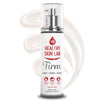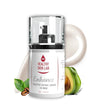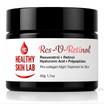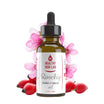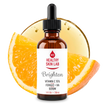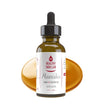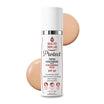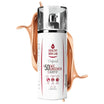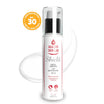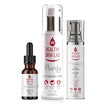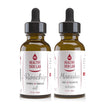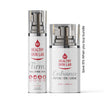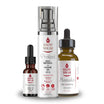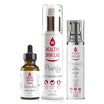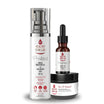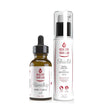Hey everyone, ever stared at your skincare shelf overflowing with options, wondering which vitamin C vs retinol is best? You're not alone! These two powerhouses are skincare staples for a reason – they address various skin concerns, leaving you with a radiant, youthful glow.
Which is better, retinol or vitamin C? The effectiveness of retinol or vitamin C depends on individual skin concerns. Retinol is great for anti-aging and acne, while vitamin C brightens and protects against environmental damage.
With so much conflicting information, choosing the right one can feel like navigating a maze. We're here to demystify the difference between vitamin C and retinol, helping you decide which one (or even both!) is the perfect fit for your unique skin.
Vitamin C Serum: The Multitasking Marvel

Think of vitamin C serum as your skin's daily dose of sunshine (without the harmful UV rays!). This potent antioxidant powerhouse is a champion at:
- Brightening and evening skin tone: It tackles hyperpigmentation, sunspots, and acne scars, leaving you with a more even-toned complexion.
- Protecting against environmental damage: Vitamin C acts as a shield, neutralizing free radicals caused by pollution and sun exposure, which can accelerate aging.
- Boosting collagen production: This essential protein gives skin its plumpness and elasticity. Vitamin C stimulates collagen production, resulting in firmer, smoother skin.
Retinol Serum: The Anti-Aging Champion
Retinol, a derivative of vitamin A, is famous for its transformative abilities:
- Minimizing wrinkles and fine lines: Retinol works magic by promoting cell turnover, revealing fresher, smoother skin.
- Combating acne: It unclogs pores and reduces inflammation, effectively treating and preventing breakouts.
- Improving skin texture: Retinol smooths rough patches and refines pores, giving you a more even, radiant texture.
Is Vitamin C Better than Retinol?

So, vitamin C serum vs retinol: Which One Wins? The answer is... It Depends!
There's no one-size-fits-all answer, as the best choice depends on your skin concerns and preferences. Here's a quick breakdown to help you decide:
Choose Vitamin C Serum if:
- You have a dull, uneven skin tone.
- You're tired of eye bags and dark circles.
- You're seeking an antioxidant boost to protect your skin from environmental damage.
- You have sensitive skin (retinol can be irritating, especially for beginners).
Choose Retinol Serum if:
- You're concerned about wrinkles, fine lines, or loss of skin firmness.
- You're struggling with acne breakouts.
- You're comfortable with potentially experiencing dryness or irritation in the initial stages of use (consult a dermatologist if irritation persists).
Pro Tip: Can You Be Best Friends with Both?

The good news is, you don't have to choose just one! Vitamin C and retinol can be a powerful synergistic duo when correctly incorporated into your skincare routine.
Here's the key:
- Apply vitamin C serum in the morning under sunscreen, as its antioxidant properties offer additional protection from UV damage.
- Use retinol serum at night on cleansed skin, as it can increase sun sensitivity.
- Start by introducing each product individually to see how your skin reacts.
- Always patch-test a new product on your inner arm before applying it to your face.
Remember, consistency is key! Allow your skin time to settle and reap the benefits of these fantastic ingredients.
Should I use vitamin C or Retinol?
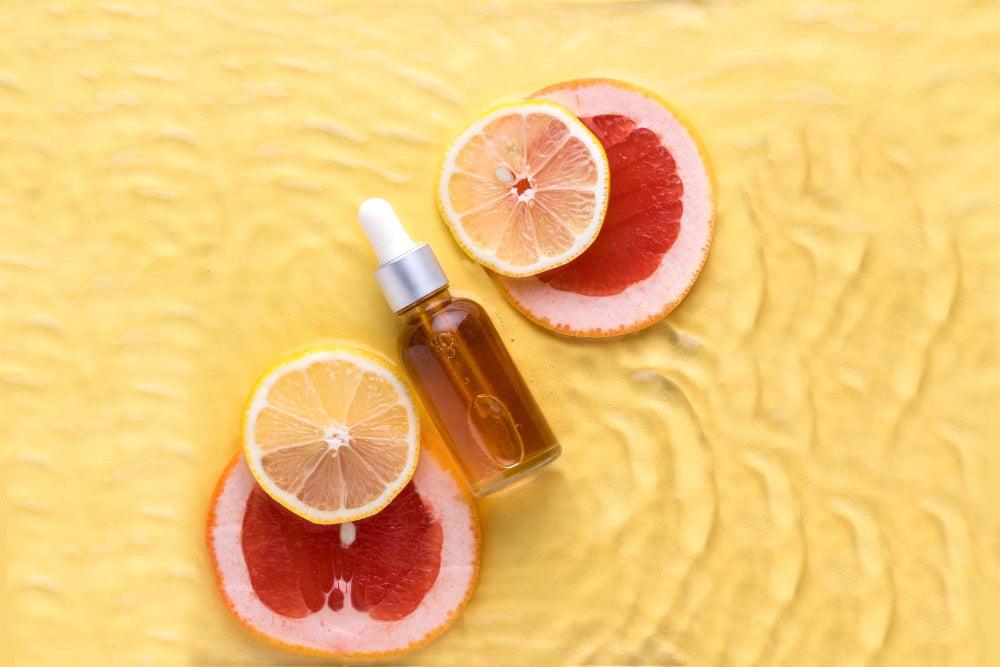
When combining vitamin C and retinol in your skincare routine, consider a few things. Both ingredients offer numerous benefits for the skin, but it's essential to understand how to use them effectively and avoid potential side effects.
The Benefits of Combining Vitamin C and Retinol
Using vitamin C and retinol together can result in smoother, brighter skin. Vitamin C defends, protects, and supports collagen production, while retinol renews skin cells and stimulates collagen. They reduce pigmentation and brighten discoloration, creating a more even youthful complexion.
The Side Effects of Combining Vitamin C and Retinol
The most common side effect of vitamin C and retinol is skin irritation, especially if the products are layered. To avoid irritation, it is recommended to space out the application of each product. Use retinol at night and vitamin C in the morning. This allows your skin to benefit from both ingredients without causing excessive irritation.
Sun Protection
Both vitamin C and retinol can increase sun sensitivity, so it's crucial to wear sunscreen all day to save your skin from harmful UV rays. This is especially important when using retinol, as it can make your skin more susceptible to sunburn.
Is vitamin C or retinol better for wrinkles?
Retinol is typically more effective for reducing the appearance of wrinkles due to its ability to boost collagen production and improve skin cell turnover. Vitamin C can also help minimize wrinkles by promoting collagen chemistry and protecting against oxidative stress. Still, retinol is often considered the more potent option for addressing fine lines and wrinkles.
Explore Our Range of Vitamin C and Retinol Serums at Healthy Skin Lab!
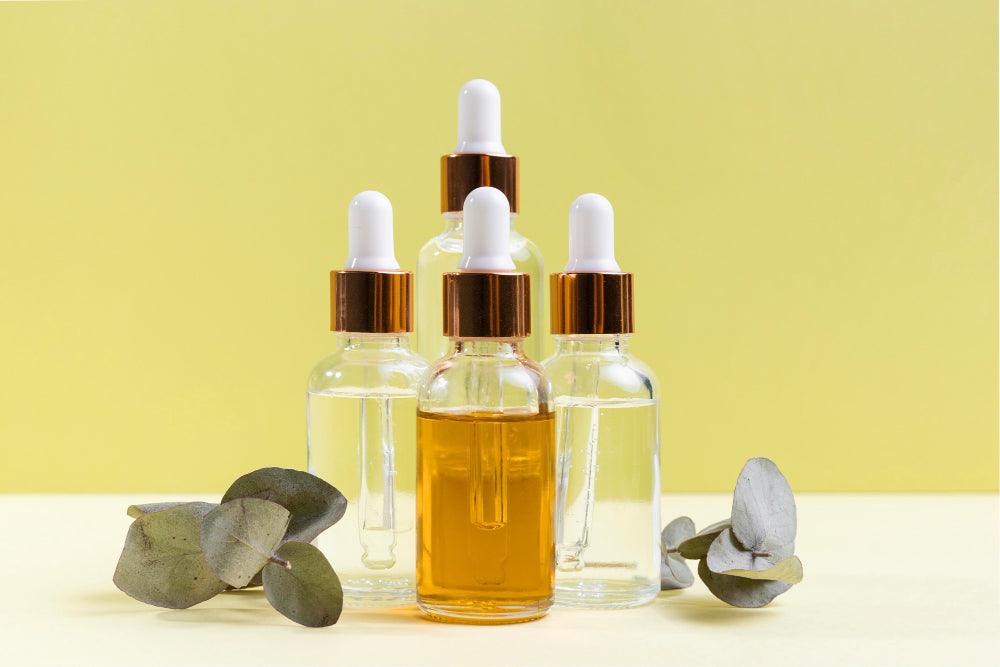
Unlock the secret to radiant, healthy skin. Explore our wide selection of vitamin C and retinol serums at Healthy Skin Lab! We offer a variety of formulas to cater to different skin types and concerns.
Don't hesitate to contact our skincare experts if you need personalized recommendations – we're here to help you find the perfect match for your unique skin journey!
Related articles:

